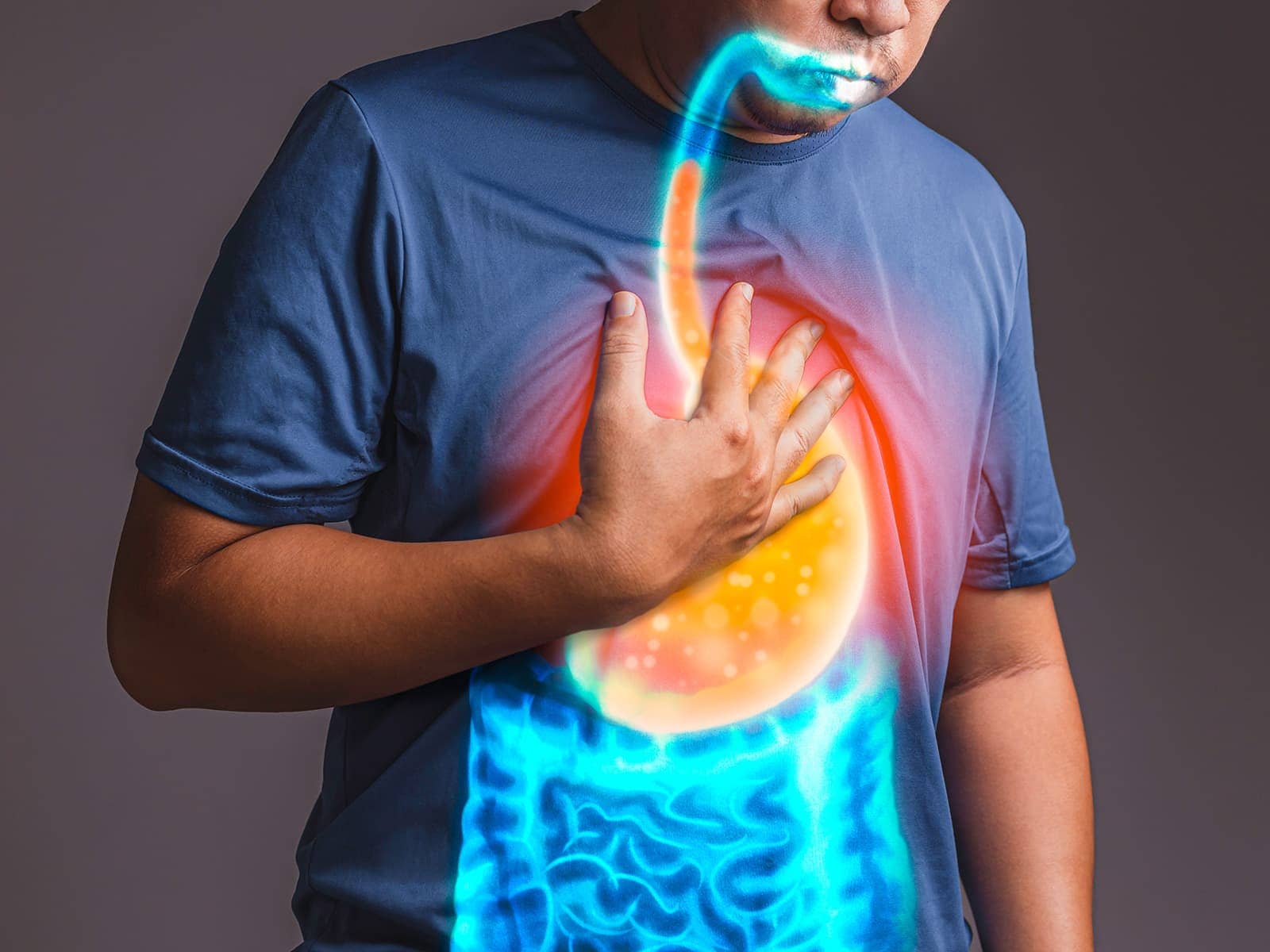
Eructation, or burgering or belching, is the means of getting the surplus air out of the stomach via the mouth. It is a natural process of relieving pressure following eating or taking of drink but in cases where it is common it may cause discomfort, bloating in the intestines or even nausea.
Individuals with frequent eructation might complain of:
Excessive burping can be caused by a number of factors:
GastroDoxs in Cypress is here to help you should you be finding that frequent burping is affecting your lifestyle. Our highly trained gastroenterologists provide thorough assessments, customized care plans and in-site tests to have you permanently relieved. Phone us today or book your appointment on-line-let us help you achieve greater digestive ease and comfort.
We've successfully treated more than 667 patients, helping individuals improve their digestive health and overall well-being through expert, personalized care.
With over 20 years of experience, GastroDoxs has been a trusted provider of gastroenterology care, focusing on delivering the best outcomes for patients
Burping is the expelling of gas in the stomach through the mouth and this is what is referred to as eructation.
A doctor should be consulted in the case of painful burping, burping often, with or without nausea, bloating, or chest pain.
ICD-10 code of eructation (burping) is R14.0 to be utilized to make a diagnosis and file insurance claims.
Yes. Gentle, natural homeopathic remedies can also be of relief to some of the patients, although it is not always and should be discussed with our specialist.
Constipation can lead to bloating and burping which is related to the swallowing of air, the intake of gas forming foods, carbonated beverages or low digestion by constipation or other digestive problems.
Yes. Constipation removes slowing down of digestion, and hence the gas might stagnate in the intestines and may result in increased burping.
High gas foods like beans, soda, cabbage, onions and carbonated drinks have been found out to promote burps.
To prevent night-time burping, avoid late meals, eat slowly, and remain erect whenever one is full of food at least one hour after eating.
Our services include a site test (breath tests, endoscopy), individualized treatment programs, nutritional therapy, prescription and natural therapies, and follow-up services.
Eat fewer and more frequent meals, avoid triggers, keep hydrated, and meet with our gastroenterologist and get specific plans and potential medications.